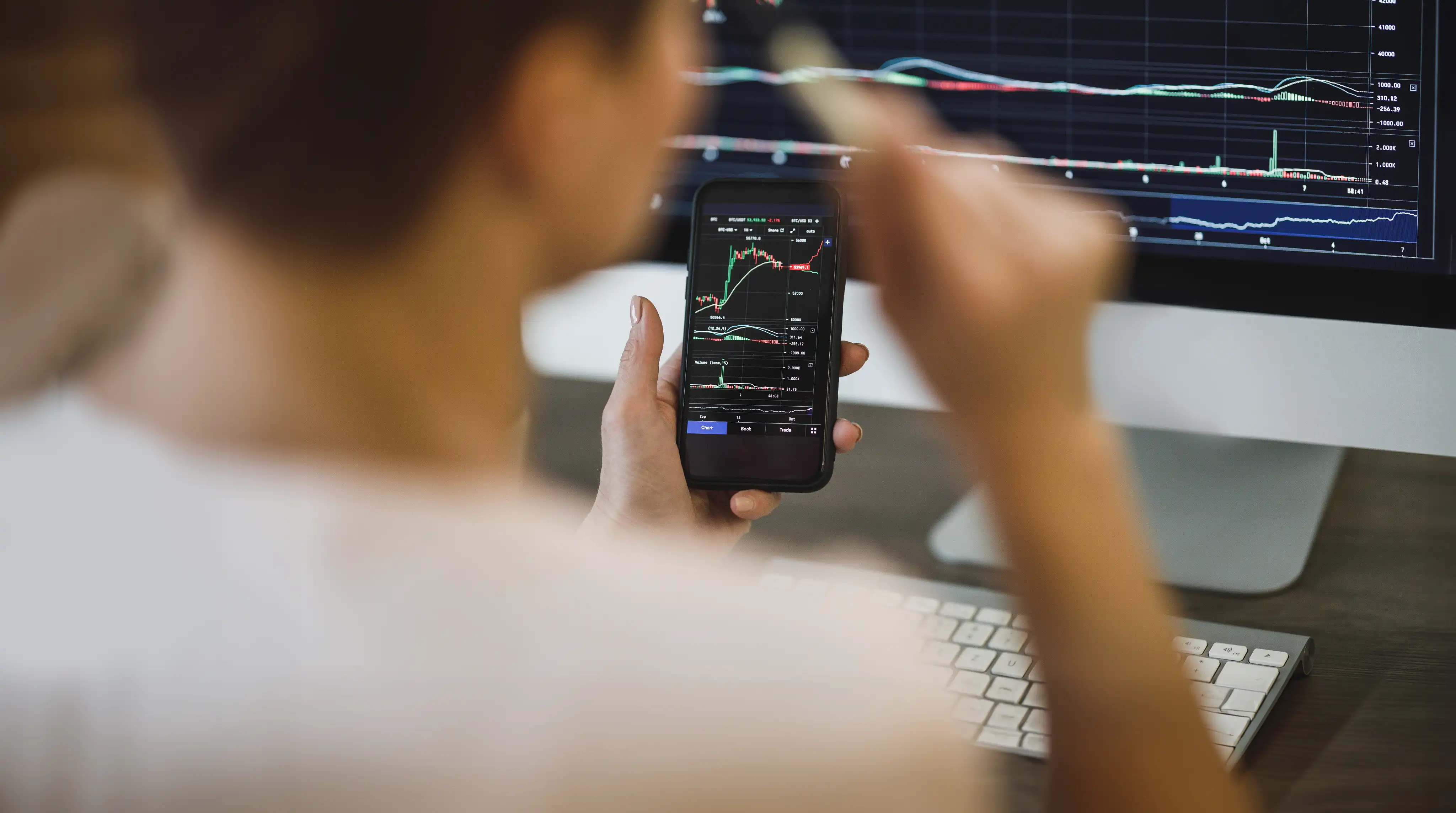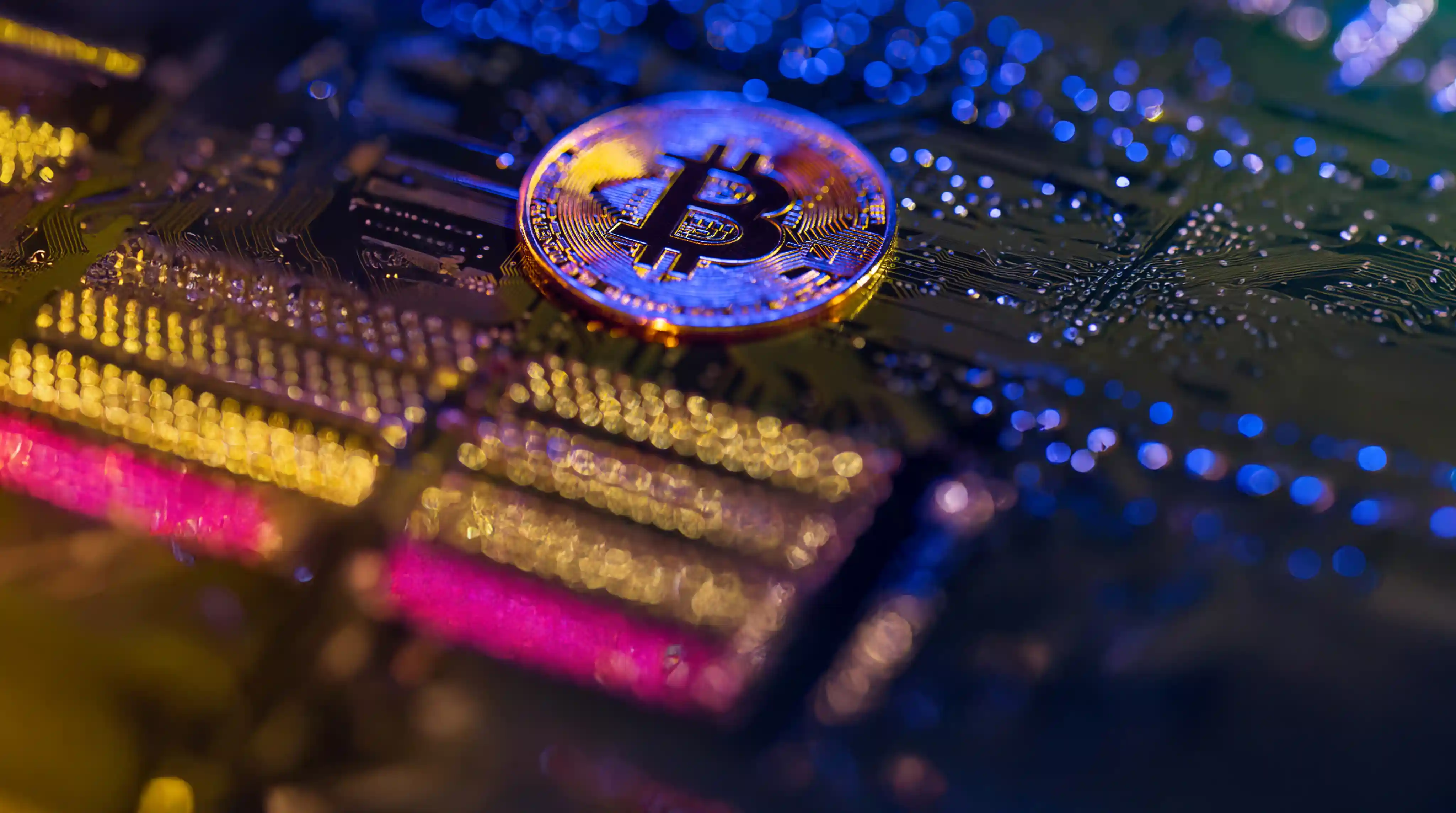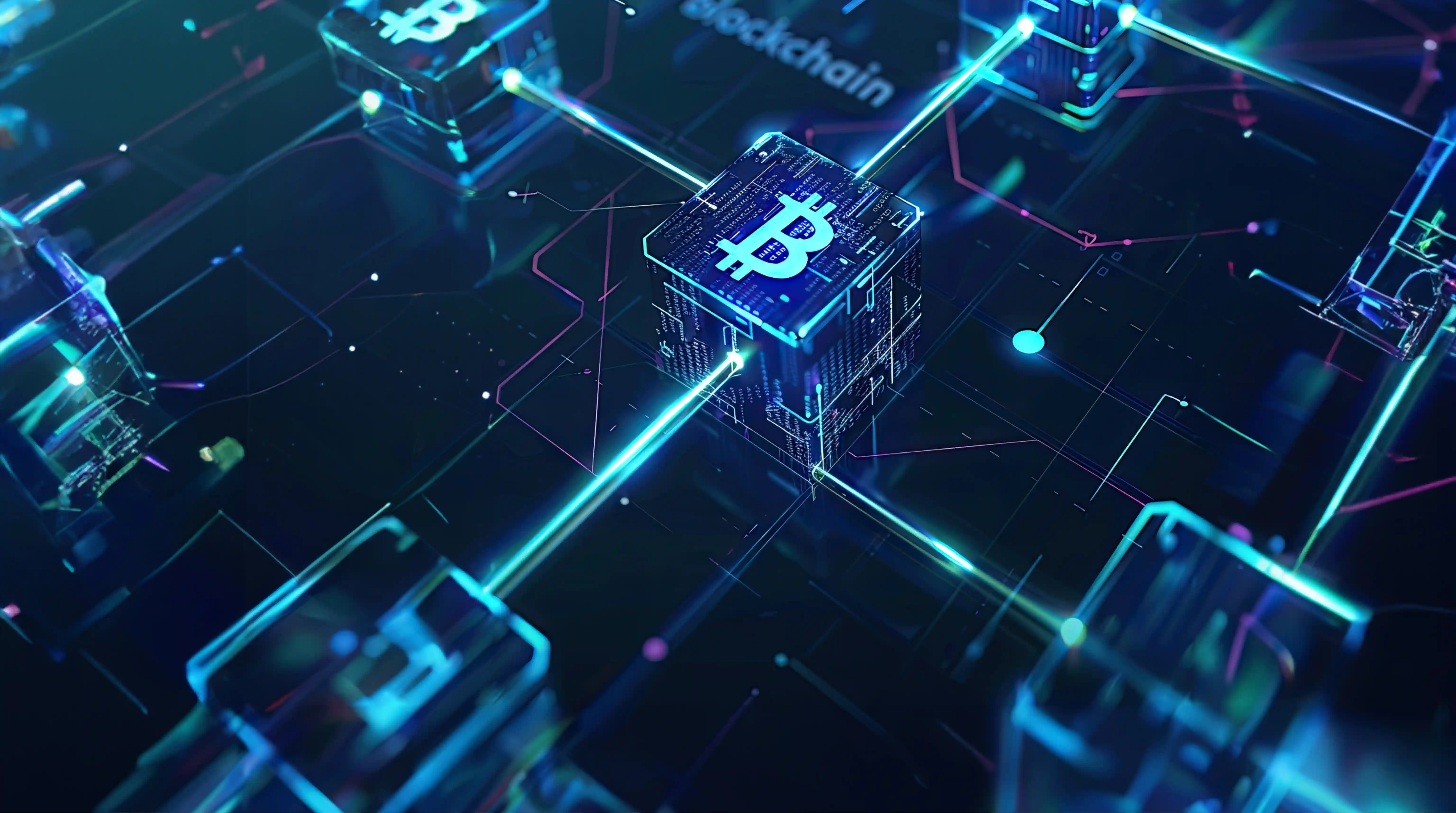A Perfect Match: Integrating Blockchain and IoT for Security and Scalability
February 5, 2025
Introduction
Two technologies that are changing industries and how we interact with the world are blockchain and the Internet of Things, or IoT for short. These technologies have become an integral part of today’s quickly changing digital landscape. While IoT links devices to collect, analyze, and share real-time data, allowing for smooth interaction between the digital and physical worlds, blockchain provides a safe, decentralized foundation for data management, storage, and protection.
The integration of blockchain technology with IoT represents a strategic partnership that extends beyond technical collaboration to address critical challenges like data integrity, scalability, and security. From supply chain management and the automobile sector to healthcare and smart cities, this synergy builds a strong foundation for promoting trust, creativity, and productivity by utilizing the real-time capabilities of IoT and the transparency and immutability of blockchain.
This blog explores the significant influence of IoT and blockchain unification on enterprises, industries, and the growth of interconnected systems, highlighting the immense possibilities of this integration. It is intended for entrepreneurs, software engineers, tech enthusiasts, and industry innovators who want to learn about the transformative potential of blockchain and IoT in creating dependable, scalable, and effective solutions for a safer and more connected digital future.
Understanding IoT, Blockchain and Their Functionalities
A huge network of linked devices with software, sensors, and actuators that gather, share, and act upon data in real-time is known as the Internet of Things (IoT). These gadgets range from urban infrastructure and industrial machinery to connected devices and common household appliances like smart thermostats.
IoT has revolutionized several industries by enabling automation, boosting output, and fostering creativity. Still, there are several significant barriers to the rapid expansion of IoT ecosystems, such as:
- Scalability – managing the ever-growing amount of interconnected devices.
- Security – defending data and devices against unauthorized access and cyberattacks.
- Data Integrity – ensuring that enormous volumes of information are reliable and accurate.
How can one tackle these issues should they arise? By integrating IoT with blockchain.
Blockchain technology is an immutable, decentralized digital ledger that is designed for safe data management and storage.
One of its primary characteristics is transparency, which ensures accountability because every transaction on the blockchain is transparent and verifiable. Another important feature is the aforementioned immutability, which ensures that data cannot be changed or removed once it has been recorded, maintaining its integrity. Furthermore, by doing away with the need for a central authority, decentralization lowers vulnerabilities and improves the overall safety and resilience of the system.
Blockchain provides a strong framework that enhances Internet of Things technologies by tackling fundamental issues like data security and authenticity. Integrity and traceability of information are guaranteed by its cryptographic foundations, and scalability and resilience are improved by decentralized consensus mechanisms.
When IoT and blockchain work together, they produce a potent synergy that opens doors to safe automation, efficient operations, and creativity in a future where systems are interconnected.
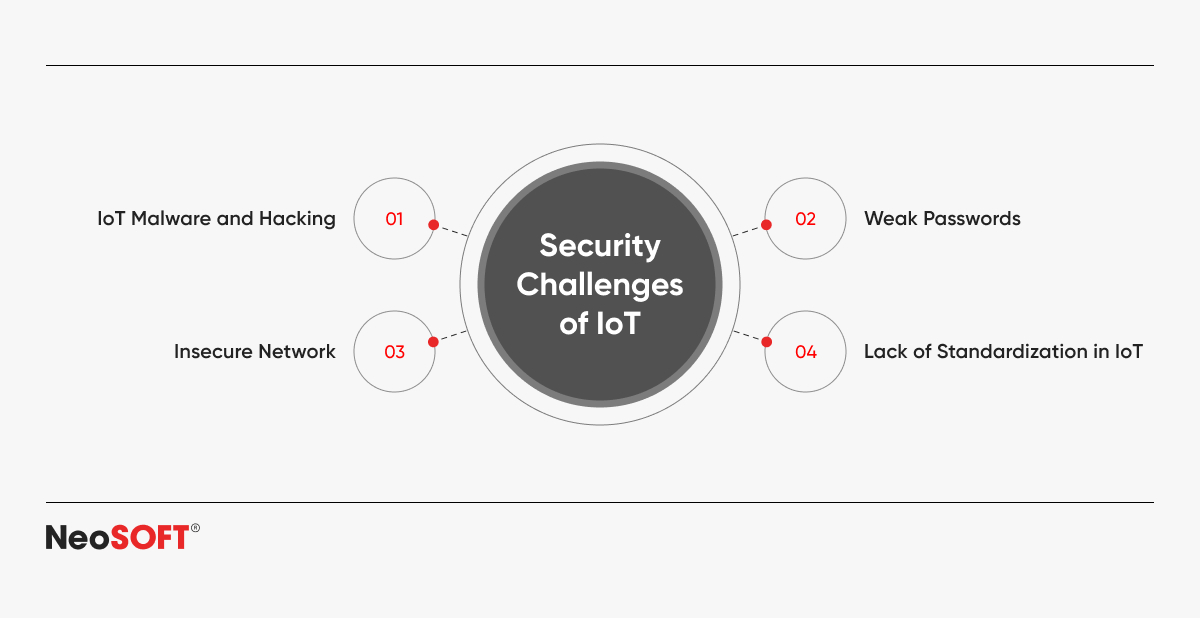
How Blockchain and IoT Can Revolutionize Businesses
The incorporation of blockchain technology tackles a number of significant issues that IoT systems encounter, including scalability and data security risks. Blockchain improves IoT ecosystems in the following ways:
Strengthening Security
IoT devices are vulnerable to malware, security breaches, cyber attacks, and illegal access since they often operate in environments that have limited resources and poor safeguards. By encrypting IoT data and keeping it on an immutable distributed ledger, blockchain reduces these vulnerabilities. This guarantees that the information is safe and impenetrable. IoT systems are more resilient and dependable thanks to decentralized consensus techniques, which also shield the network from malicious assaults and single points of failure.
Using Smart Contracts to Automate Procedures
Smart contracts, which are self-executing agreements maintained on the blockchain, can be used to automate Internet of Things operations thanks to blockchain technology. These agreements may, under specified circumstances, cause events like payments, maintenance notifications, or inventory adjustments. As a result, less manual intervention is required, errors are reduced, and operational efficiency is increased.
Ensuring Data Integrity
The significant amounts of real-time data generated by IoT can be easily manipulated or lost. By establishing a permanent record of each transaction, the decentralized networks of blockchain technology ensure the accuracy and legitimacy of this information. Through this decentralized structure, the possibility of illegal changes is removed, and data is maintained.
By tackling these issues, blockchain not only improves IoT system efficiency but also opens up new avenues for creativity, promoting dependability and trust in surroundings that are becoming more and more interconnected by the day.
Benefits of using Blockchain Technology in IoT
The addition of blockchain in IoT focuses on providing several benefits and enhancing the functionality and efficiency of IoT systems, thereby providing the following advantages:
- Enhanced Security: Blockchain reduces the risk of cyberattacks and manipulation in IoT networks by ensuring the integrity of information and preventing unwanted access through encryption and decentralized consensus methods.
- Decentralization: Blockchain increases the resilience of IoT systems and decreases single points of failure by doing away with the need for central authorities.
- Transparency and Trust: A transparent record of all IoT transactions and interactions is made possible by blockchain’s immutable ledger, which promotes stakeholder confidence and improves accountability.
- Cost Efficiency: By removing intermediaries, decentralized data exchange lowers transaction processing and management expenses.
- Data Integrity: Data produced by IoT devices is guaranteed to remain accurate, dependable, and verifiable due to blockchain’s tamper proof nature.
- Automation via Smart Contracts: Blockchain makes it possible for smart contracts to be used in IoT devices to automate tasks like making payments, updating documentation, or starting maintenance, which increases operational effectiveness and lowers human error.
- Scalability: Blockchain technology is appropriate for scaling IoT applications because it facilitates smooth device communication across vast, dispersed systems supporting IoT networks.
These advantages establish blockchain as a game-changing technology for resolving IoT issues, encouraging creativity, and building ecosystems that are safer and more effective.
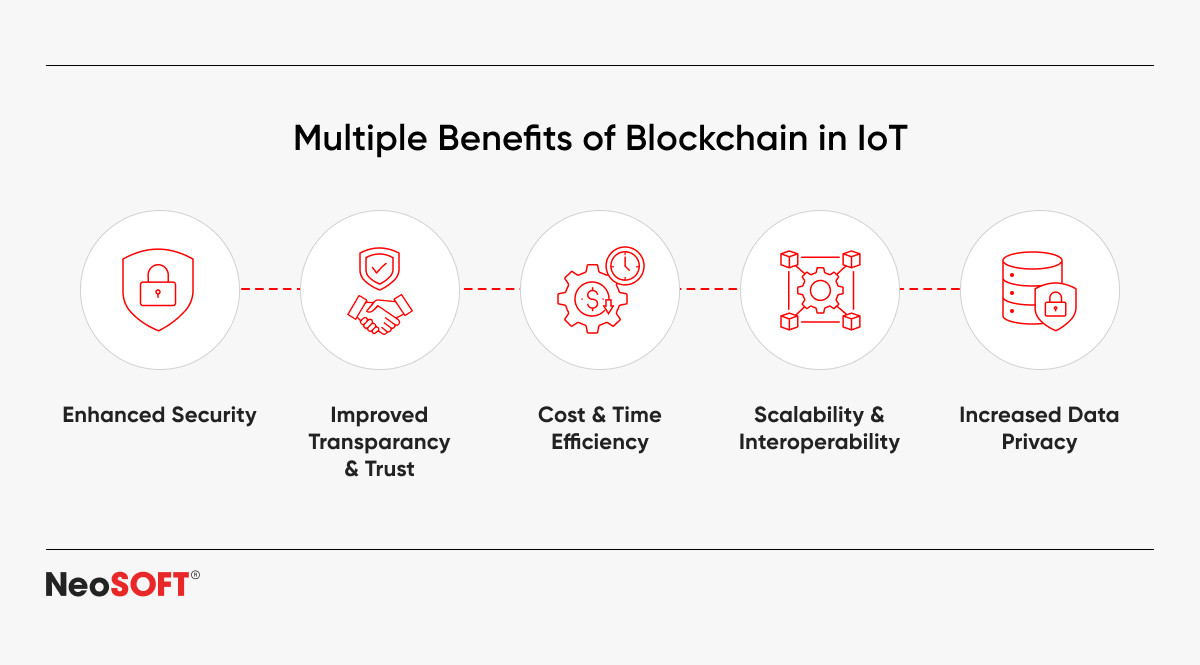
Real-World Applications of Blockchain IoT
Blockchain and IoT are being used in a variety of industries to spur innovation and solve important problems. Listed below are some examples of practical uses:
Operational Maintenance
By safely storing real-time data on machinery and equipment, blockchain and IoT improve operational maintenance. Storing maintenance records on an immutable blockchain ledger guarantees safety compliance and minimizes downtime, while predictive analytics aids in identifying possible issues. This helps companies maintain secure data, improve the lifespan of their equipment, and prevent expensive disruptions.
Smart Cities
IoT’s data collection abilities and blockchain’s transparency both assist smart city infrastructure. Through safe platforms for voting and community participation, cities can boost citizen engagement and manage traffic better. For example, information on the use of public transportation and traffic patterns can be collected and analyzed to optimize transportation routes and traffic flow. Blockchain’s distributed ledger technology can also be used to provide safe and transparent blockchain-based platforms for community participation and voting. By leveraging this technology on municipal operations, cities may make well-informed decisions to improve the productivity and quality of life of their residents.
Smart Homes
Blockchain offers stronger smart home security by facilitating biometric authentication and decentralizing data storage. By doing this, user privacy and security are safeguarded and sensitive data gathered by IoT-connected devices is kept safe from unwanted access. Additionally, it guarantees the smooth integration of several smart devices for an improved user experience.
Supply Chain Management
Supply chains are made more transparent and accountable by integrating blockchain technology with IoT-connected devices such as RFID tags and IoT sensors. Every step of the product lifecycle can be safely tracked, and smart contracts guarantee efficiency and authenticity. As a result, the possibility of fraud is decreased, compliance is streamlined, and stakeholder trust is increased.
Logistics and Transportation
Blockchain technology combined with IoT-enabled sensors allows for real-time shipment tracking, providing location, temperature, and overall condition. It can also help to keep an eye on the arrival times and cargo status while in transit, which increases departmental association and responsibility in global supply chains. Such knowledge can also make predictive measures to reduce dangers during transit possible. This increases supply chain stakeholders’ cooperation, lowers delays, and improves logistical transparency.
Smart Wearables and Healthcare
In order to maintain privacy and regulatory compliance in the healthcare industry, wearable IoT sensors and other smart devices gather vital patient data and securely store it on blockchain networks. Automation of insurance and billing procedures lowers administrative burdens, while smart contracts improve operational effectiveness. Simplified hospital procedures and improved patient care are guaranteed by this integration.
Automotive Industry
The automotive industry sector is leveraging IoT and blockchain to drive automation and improve efficiency. IoT sensors paired with blockchain enable features like automatic parking spot detection and payments through crypto wallets and digital currency, enhancing user convenience. RFID tags also make inventory management easier, guaranteeing operational efficiency and transparency. As a result, both manufacturers and users can enjoy more intelligent and effective car systems.
The use cases above highlight the immense potential of IoT blockchain technology to revolutionize markets and enhance operations in a wide range of fields and across multiple industries.
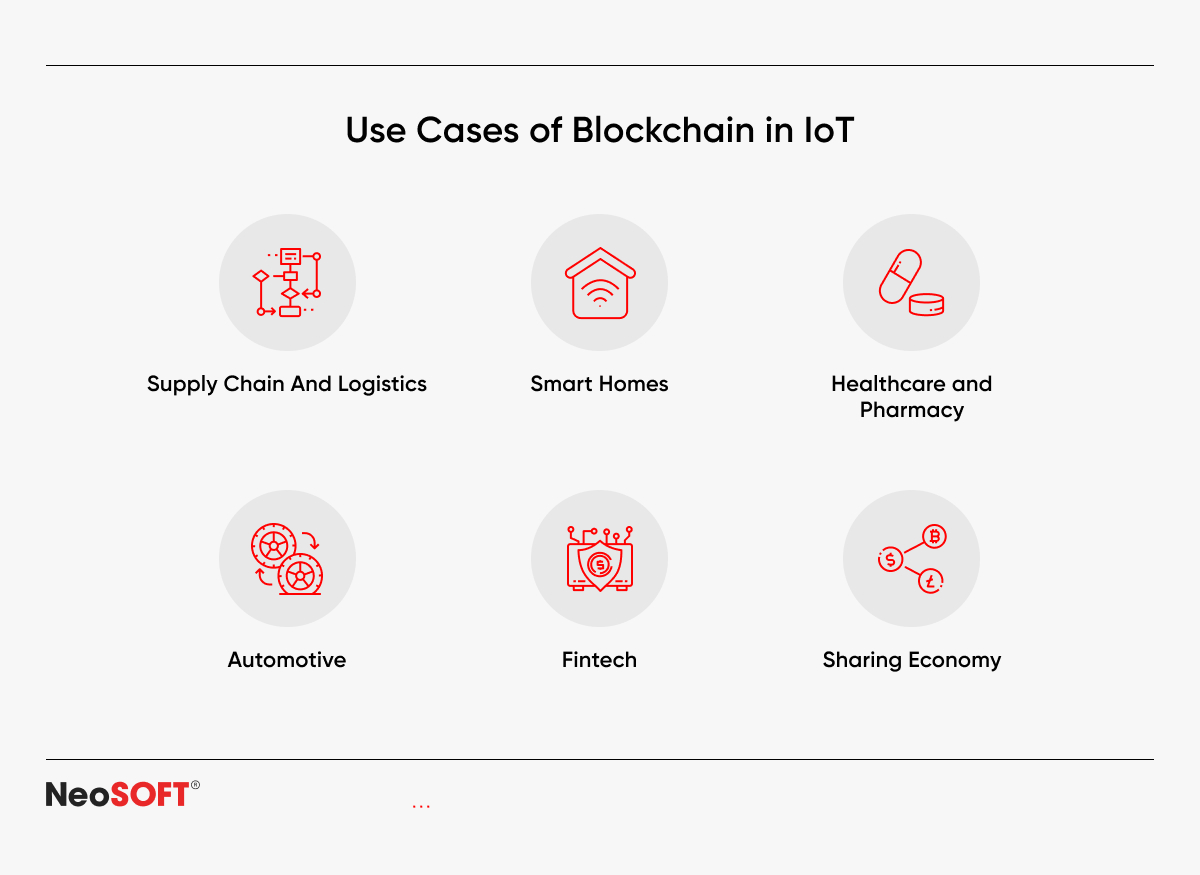
What the Future Holds
Blockchain and IoT integration has revolutionary potential to promote creativity in interconnected ecosystems. These technologies can simplify procedures and open up new opportunities in a variety of industries by facilitating safe, open, and decentralized communication between devices. The future of technology-driven processes is changing as a result of their combined influence, whether it is by improving real-time decision-making, automating intricate tasks, or developing more intelligent, self-regulating systems.
IoT and blockchain are in a unique position to solve enduring issues involving data safety, scaling, and integrity in digital networks, in addition to spurring innovation. Owing to the immutability of blockchain technology and the capability of Internet of Things’ software to gather enormous volumes of data, strong, dependable systems that minimize vulnerabilities and inefficiencies can be created. In industries such as urban planning, healthcare, transportation, manufacturing, energy, and more, these capabilities can be extremely important for maintaining sustainability and promoting digital transformation.
Conclusion
IoT and blockchain integration are enabling tremendous opportunities across industries, promoting creativity, security, and operational effectiveness. Businesses may overcome significant obstacles involving safety, scalability, and data security by fusing blockchain’s transparency, immutability, and decentralization with IoT’s real-time data collection.
With new solutions and improved capabilities, this potent combination is revolutionizing a variety of industries, including logistics, healthcare, urban planning, and the automotive industry. Blockchain and IoT cooperation will open the door to more resilient, sustainable, and networked systems as technology develops. Leading this change are firms such as NeoSOFT, which offer customized solutions that enable companies to utilize emerging technologies fully.
NeoSOFT’s skilled developers can help you unleash the promise of blockchain and IoT. Improve your operations’ scalability, efficiency, and security. Get in touch with us now at info@neosofttech.com to spearhead technologies that will shape your industry in the future!
Recommended










